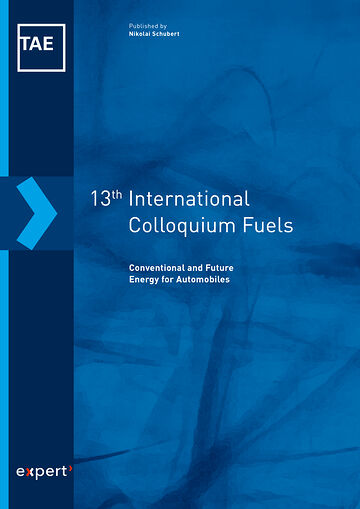-
FormatoEbook
-
EstadoNuevo
-
Isbn9783816985396
-
Peso9.1 MB
-
Número de páginas200
-
Año de edición2021
-
IdiomaInglés
-
FormatoPDF
-
ProtecciónDRM
-
ReferenciaBKW71041

